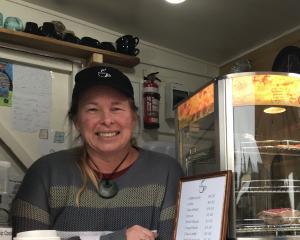
At a meeting of the planning and strategy committee in Queenstown this week planning and environment general manager Tony Avery told councillors that despite requests from residents, a land use study of the Upper Clutha district — similar to the one conducted in the Wakatipu Basin — would be "a huge cost, an enormous cost".
The Wakatipu Basin study advocated a minimum 80ha lot size in parts of the rural zone to restrict rural subdivision and development and to protect the special character of the area.
Mr Avery was responding to a question by Wanaka ward councillor Quentin Smith about how the staff proposed to "action" the recommendations made to the council in a recent Environment Court decision.

One of the recommendations was for the council to have a plan of the Upper Clutha district that identified "priority" outstanding natural landscapes and outstanding natural features in the region.
Mr Avery said he had not "seen all of them [the recommendations] and I haven’t discussed them with anybody and we may not agree with all of them and we have to figure out if we don’t, how do we deal with that".
Cr Smith asked for the Environment Court recommendations to be tabled to the committee.
"Clearly, these decisions are very complex and you guys need to filter through these and to consider the implications, but I would request that you come back to us with recommendations on all those points," he said.
Mr Avery said the Environment Court "had largely agreed with the council’s position as it tried to put in place a framework which protects what is important for the district but also allows appropriate development."
"Not everyone agrees we haven’t got it completely right," he said.












